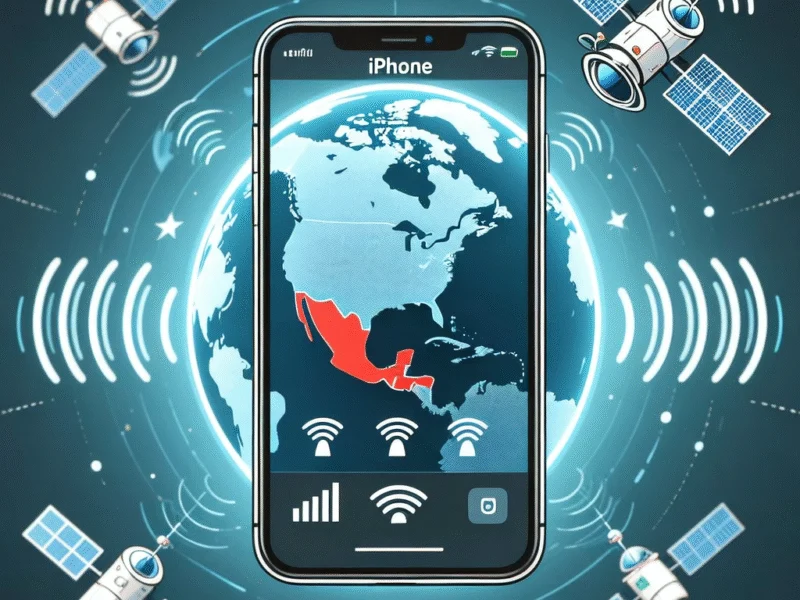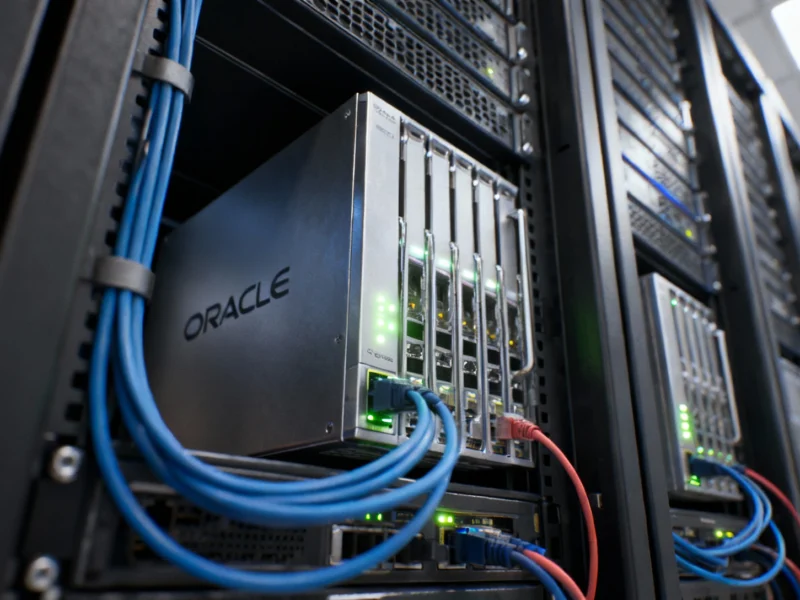Apple faces its first genuine competitive threat in decades according to former CEO John Sculley, who identified OpenAI as the company that could fundamentally challenge Apple’s dominance. Speaking at the Zeta Live conference in New York City, Sculley emphasized that artificial intelligence has not been Apple’s strength and the company needs to urgently shift from the apps era to what he calls the “agentic era” to remain relevant.
Why OpenAI Represents Apple’s First Real Competition
John Sculley, who served as Apple CEO from 1983 to 1993, made striking comments about the current competitive landscape. “OpenAI represented the first real competitor that Apple has had in many decades,” Sculley stated during his conference appearance. This assessment comes as Apple Inc. appears to have fallen behind in the AI race compared to companies like OpenAI, Google, Amazon, and Meta.
The former Pepsi-Cola marketing executive, famous for launching the “Pepsi Challenge” campaign before joining Apple, pointed to several factors supporting his assessment. Apple has experienced significant product rollout setbacks, including the delay of a planned overhaul of its AI-powered assistant Siri earlier this year. Meanwhile, competitors have maintained consistent product updates that have become customary in the fast-moving AI industry.
The Critical Shift from Apps to Agentic AI
Sculley emphasized that Apple’s future success depends on transitioning from what he calls the “apps era” to the “agentic era.” He explained that agentic AI refers to technology capable of performing agent-like behavior and autonomously accomplishing complex tasks on behalf of users. “In the agentic era, we don’t need a lot of apps, it can all be done with smart agents,” Sculley noted.
The 86-year-old executive, who recently retired from his role as cofounder and vice chairman of marketing tech company Zeta Global to become vice chairman emeritus, elaborated on the business implications. He predicted that agentic AI will help knowledge workers automate the heavy lifting of their workflows, fundamentally shifting technology companies toward subscription-based business models.
- Apps Era: Focused on selling tools and products
- Agentic Era: Centers on subscription models where people pay for services as long as they need them
- Business Impact: Subscriptions offer much better business models according to Sculley
Leadership Transition and Apple’s Future Direction
Sculley acknowledged speculation about current Apple CEO Tim Cook potentially considering retirement soon. He stressed that whoever replaces Cook would need to guide Apple through this critical technological transition. This leadership perspective comes from someone who experienced his own complex relationship with Apple cofounder Steve Jobs, who resigned from Apple in 1985 during Sculley’s tenure before returning in 1997.
The timing of these comments coincides with significant industry developments. As noted in additional coverage of tech industry shifts, the competitive landscape is evolving rapidly, requiring established companies to adapt quickly or risk falling behind.
Jony Ive’s Move to OpenAI and Its Implications
Adding to the competitive dynamics, Apple’s former design chief Jony Ive recently joined OpenAI after the AI company acquired Ive’s device startup for more than $6 billion earlier this year. Sculley highlighted the significance of this move, noting that Ive was responsible for designing and building iconic Apple products including the iMac, iPod, iPhone, and iPad.
“If there’s anyone who is probably going to be able to bring that dimension to the LLM, in this case OpenAI, it’s probably going to be Jony Ive, working with Sam Altman,” Sculley said. Ive himself stated at OpenAI’s DevDay conference that he hopes the devices his team is working on will address issues that smartphones and tablets have caused since their launch.
This personnel shift represents a significant challenge for Apple, as detailed in related analysis of mobile industry competition. The movement of key talent between major tech companies often signals broader industry realignments.
The Broader Competitive Landscape
Apple’s position in the AI race appears increasingly challenging as competitors advance their technologies. While Apple has focused on hardware integration and privacy-focused approaches, companies like OpenAI have pushed ahead with more aggressive AI development timelines. This competitive pressure comes amid broader industry shifts, including those discussed in coverage of Android ecosystem developments.
The situation reflects a larger pattern in the technology industry, where established leaders can quickly find themselves playing catch-up when new paradigms emerge. As highlighted in recent security and platform developments, the rapid pace of innovation requires constant adaptation from all major players.
Apple did not respond to requests for comment regarding Sculley’s assessment, leaving the company’s official position on these competitive dynamics unclear as it navigates what may indeed be its most significant competitive challenge in decades.
References
- Chief Executive Officer Role and Responsibilities
- Apple Inc. Company History and Operations
- Artificial Intelligence Technology Overview
- John Sculley Biography and Career
- OpenAI Company Profile and Research
- Bloomberg Defense Tech Special Analysis
- New Android Gaming Phone with Liquid Cooling
- LineageOS Android 16 Update Coverage
- Google Blocks Android Hack Security Update



